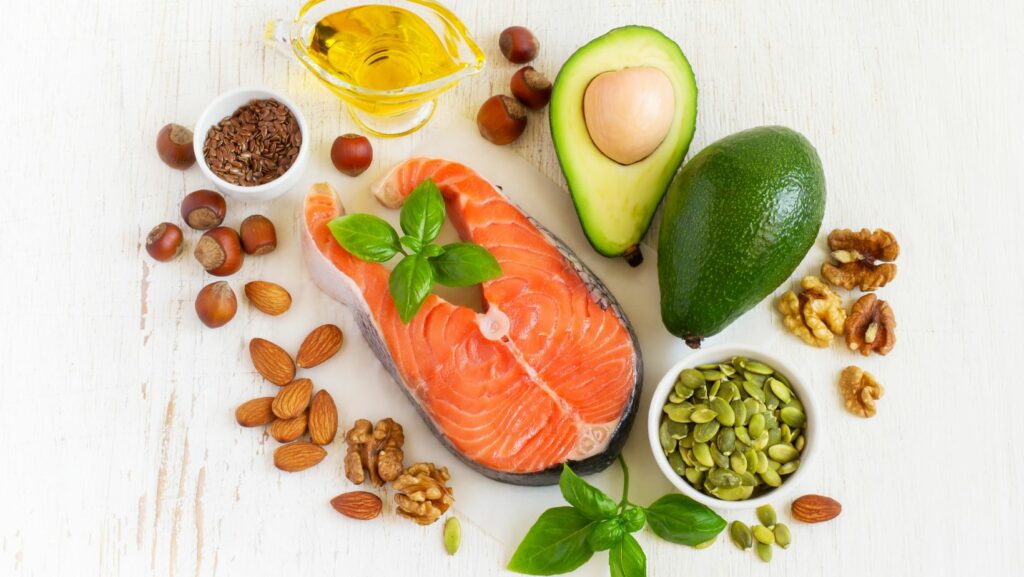Healthy Food Trends

In today’s fast-paced world, staying on top of the latest healthy food trends is essential for those looking to maintain a balanced diet. From plant-based alternatives to gut-friendly probiotics, the world of nutrition is constantly evolving. Embracing these trends not only supports overall well-being but also adds a delicious twist to everyday meals.
With an increasing focus on sustainable and organic options, consumers are seeking out innovative ways to incorporate nutrient-dense foods into their diets. Whether it’s experimenting with ancient grains or discovering the benefits of adaptogens, the realm of healthy eating offers a plethora of exciting possibilities. By staying informed about these trends, individuals can make informed choices that align with their health goals and values.
Embracing the latest healthy food trends is crucial in today’s fast-paced world to maintain a balanced diet and support overall well-being. From plant-based alternatives to gut-friendly probiotics, these trends not only enhance the taste of everyday meals but also offer numerous health benefits. Individuals can optimize their diets by incorporating nutrient-dense foods such as ancient grains and adaptogens, which are gaining popularity for their unique nutritional profiles. Additionally, the rising interest in sustainable and organic options underscores the importance of making informed choices that align with both personal health goals and values. Stay updated on these evolving trends to ensure a healthier and more sustainable approach to eating.
Nutrient-Dense Ingredients
Eating foods rich in essential nutrients is key to maintaining a healthy diet. Incorporating superfoods into meals can boost the nutritional value and offer a wide range of health benefits. Plant-based alternatives are gaining popularity as nutrient-dense options that provide ample vitamins, minerals, and antioxidants. By including these ingredients in daily meals, individuals can enhance their well-being and support their overall health.
Incorporating Superfoods
Superfoods are nutrient powerhouses packed with vitamins, minerals, and antioxidants. Examples include berries, leafy greens, nuts, and seeds. By including superfoods like blueberries in smoothies or kale in salads, individuals can increase their nutrient intake and promote optimal health. These nutrient-rich foods can also aid in weight management and reduce the risk of chronic diseases.
Plant-Based Alternatives

Plant-based alternatives offer a plethora of essential nutrients without the drawbacks of animal products. Foods like lentils, quinoa, tofu, and tempeh are excellent plant-based protein sources rich in fiber, vitamins, and minerals. Incorporating these alternatives into meals can improve digestion, boost energy levels, and support muscle growth and repair. Additionally, plant-based diets have been linked to lower rates of heart disease, diabetes, and certain types of cancer.
Sustainable Food Practices
Highlighting the importance of sustainable food practices is crucial in the realm of healthy eating. By opting for sustainably sourced ingredients, individuals can not only prioritize their health but also contribute positively to the environment. Embracing sustainable food practices aligns dietary choices with broader societal and ecological values.

Choosing locally sourced produce is a key aspect of sustainable eating. By selecting fruits, vegetables, and other items grown in nearby regions, individuals can reduce the carbon footprint associated with food transportation. This practice supports local farmers, fosters community engagement, and ensures fresher, more nutritious ingredients for consumption.
Incorporating seasonal foods into one’s diet is another sustainable approach that can enhance the nutritional quality of meals. Seasonal produce not only offers better flavor but also contains higher levels of essential nutrients due to being picked at peak ripeness. By eating seasonally, individuals can support sustainable agricultural practices and enjoy a variety of fresh, nutrient-rich ingredients throughout the year.
Opting for organic products is a further step towards sustainable eating. Organic farming methods prioritize soil health, biodiversity, and the absence of synthetic chemicals, resulting in cleaner, more nutrient-dense foods. By choosing organic options, individuals can reduce their exposure to potentially harmful pesticides and support agricultural practices that promote long-term environmental sustainability.
Integrating sustainable food practices into one’s dietary habits not only enhances personal well-being but also contributes to the larger goal of environmental conservation. By being mindful of where food comes from, how it is produced, and the impact of dietary choices on the planet, individuals can make informed decisions that benefit both their health and the world around them.

